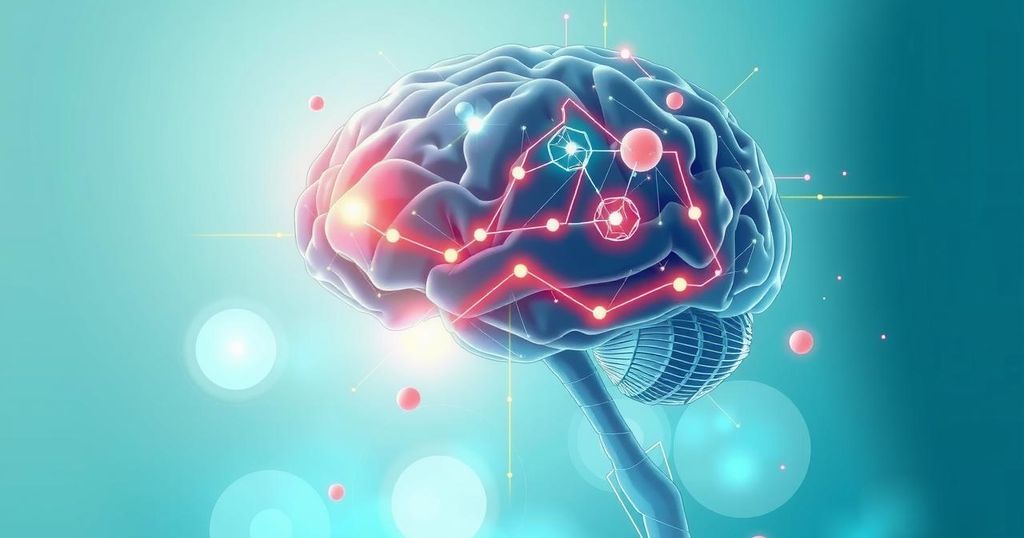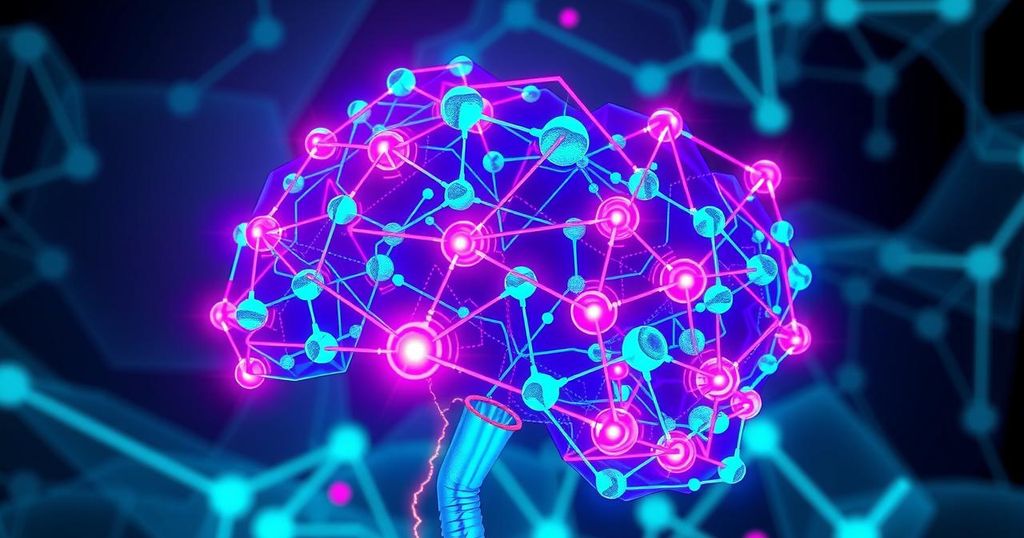UC Irvine and USC Team Up to Tackle Brain Injury Treatment Innovations
UC Irvine and USC researchers will combine engineering and stem cell research to create innovative treatments for brain damage, backed by a $2 million NSF grant. Their project aims to develop 3D neural networks that can integrate with the brain to restore motor functions. By addressing the limitations of current stem cell therapies, this collaboration emphasizes the importance of ethical considerations in advancing neurological treatment technologies.
Researchers from UC Irvine and the Keck School of Medicine at USC are launching a groundbreaking project to develop treatments for brain damage, supported by a $2 million grant from the National Science Foundation. This initiative merges engineering with stem cell research to restore motor functions for patients affected by strokes and other neurological disorders. Principal investigator Dr. An Do emphasizes the potential of combining systems engineering and regenerative medicine to aid those with neurological impairments.
The innovative approach involves creating advanced 3D neural networks derived from adult stem cells, mimicking the brain’s self-learning capabilities. The research aims to enable these networks to integrate with the human brain, restoring lost functions. The project comprises a team of experts, including biofabrication specialists and clinical neurologists, who will explore ethical implications and engage with patients directly.
Despite the potential that stem cells have shown for treating spinal cord and brain injuries, current methods have limitations, failing to create sustainable neural networks. The UC Irvine and USC team aims to tackle this by developing a method to print neural stem cells in culture, fostering larger, effective networks with artificial blood vessels. This multi-stage project also envisions connecting these cultured cells with living brain tissues, facilitating interactive experiments.
While still in the theoretical phase, the research holds promise for a range of neurological conditions. If successful, these 3D networks could evolve into intelligent biocomputers capable of processing complex functions. As they tread into uncharted territory, the team seeks to understand the broader implications of deploying such technology within clinical contexts.
The research initiative at UC Irvine and USC represents a significant step in the intersection of neuroscience and engineering. With funding from the National Science Foundation, the team seeks to advance treatment options for neurological conditions. By utilizing stem cells and engineering techniques, they aspire to develop innovative responses to brain damage, particularly from strokes. This venture builds on previous work in brain-computer interfaces and highlights the necessity of ethical considerations in advanced medical technology.
The UC Irvine and USC research collaboration aims to revolutionize treatments for neurological damage through innovative biocomputing and engineering. By combining stem cell technology with modern engineering principles, these scientists are exploring the potential to restore critical motor functions to patients. As they pioneer this groundbreaking work, the implications extend beyond treatment, inviting reflections on the ethical dimensions of such technology in medicine.
Original Source: news.uci.edu




Post Comment